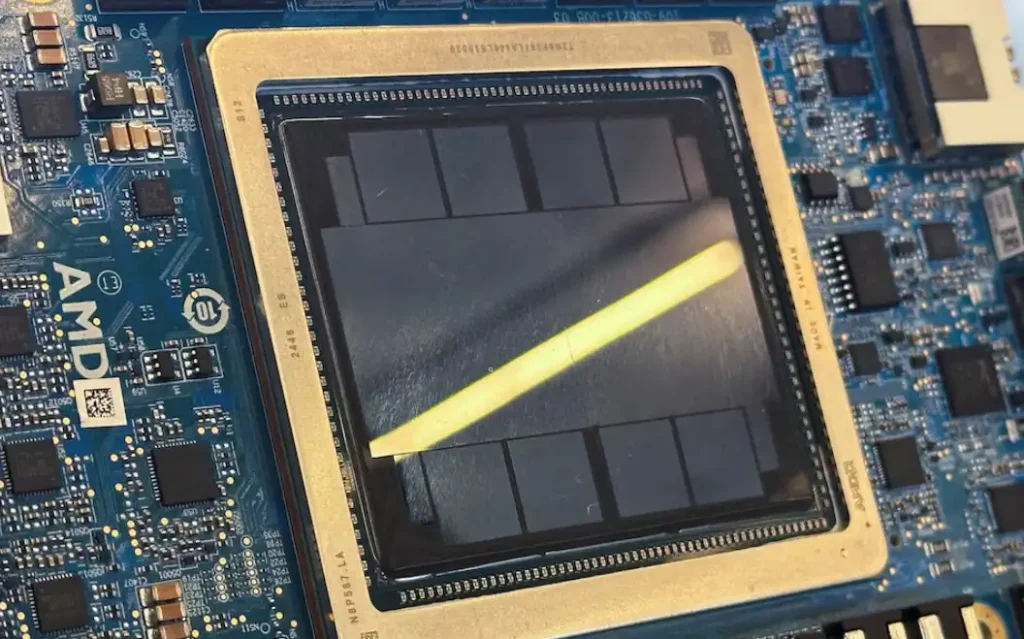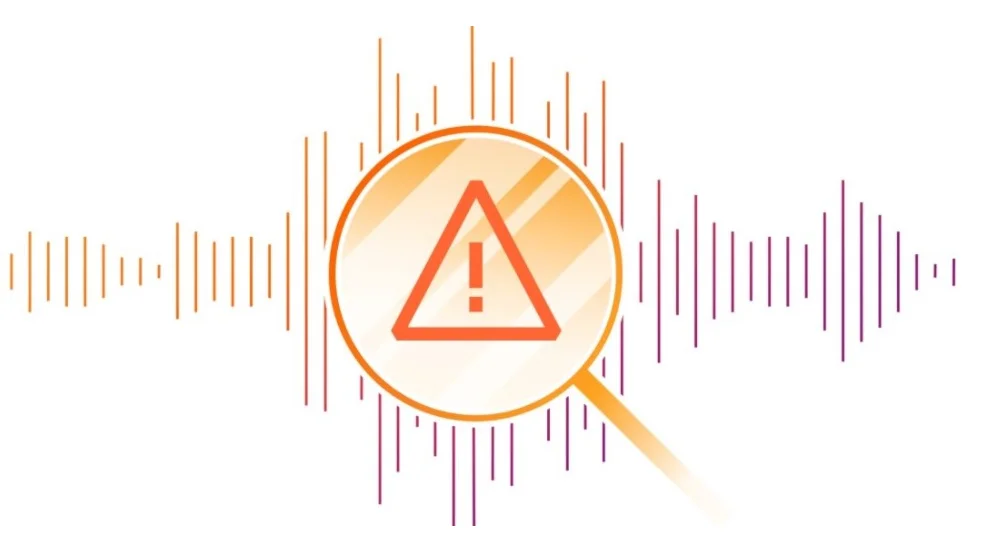Trump Administration Proposes AI Chip Location Verification in New Export Control Plan
The Trump administration has unveiled a sweeping proposal to impose location verification requirements on advanced AI chips, aiming to prevent their unauthorised use in countries like China, where exports of such technology are restricted.
This recommendation is part of a broader AI policy blueprint released on Wednesday, which also seeks to expand AI exports to U.S. allies and relax environmental regulations to accelerate the construction of AI data centres.
Location Verification to Safeguard U.S. AI Leadership
The proposed export controls specifically suggest that the U.S. government should:
“Explore leveraging new and existing location verification features on advanced AI compute to ensure that the chips are not in countries of concern.”
This measure targets AI hardware from U.S. companies such as Nvidia and AMD, whose chips are critical for powering large-scale machine learning models but are also restricted for sale to geopolitical rivals.
Bipartisan Support from Lawmakers
The plan received immediate bipartisan praise from lawmakers who have pushed for tighter controls on AI chip exports.
Representative Bill Foster (D-Illinois), who co-sponsored the Chip Location Verification Bill in May, said:
“I was encouraged to see that the recommended export control policy includes location verification mechanisms and aligns closely with our bipartisan Chip Security Act.”
Senator Tom Cotton (R-Arkansas), who introduced a similar bill in the Senate, also welcomed the move. His spokesperson, Patrick McCann, stated:
“Senator Cotton was pleased to see verification included in President Trump’s AI Action Plan… it’s a vital part of his bipartisan, bicameral Chip Security Act and an important tool to keep advanced American technology out of the hands of Communist China.”
How Will AI Chip Location Tracking Work?
While the policy direction is clear, technical details remain under development. Key questions include:
- Implementation methods: Will tracking be hardware-based, software-enabled, or both?
- Cost implications: How much will this add to manufacturing or compliance?
- Enforcement: How will the U.S. verify real-time chip location after export?
The administration did not provide a specific timeline for rollout, but the plan signals a more aggressive stance on AI chip security.
AI Export Boost, Data Centre Acceleration Also Part of Plan
In addition to tightening controls on adversaries, the Trump AI blueprint outlines provisions to:
- Promote AI hardware and software exports to trusted allies
- Streamline environmental regulations to enable faster AI data centre construction within the U.S.
This dual strategy aims to strengthen America’s global leadership in artificial intelligence while mitigating national security risks.
Why It Matters
The recommendation to implement location verification on AI chips reflects a growing recognition in Washington that semiconductor exports can pose national security threats if not properly monitored. With bipartisan support and rising geopolitical tensions, the policy could shape the future of AI technology governance.












